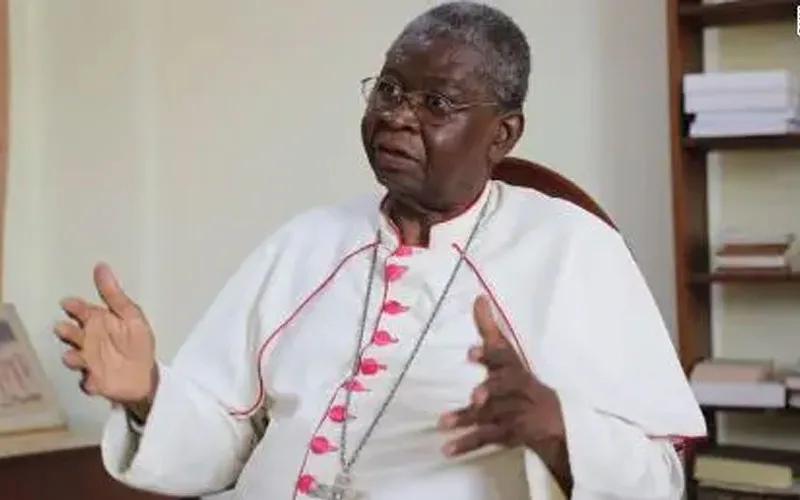Tamale, 12 October, 2021 / 9:26 pm (ACI Africa).
The October 8 CNN report quoting Archbishop Philip Naameh as saying that the West African country risks becoming a Muslim-majority nation if homosexual practices are allowed, is false, the Catholic Church leader has said.
The Archbishop of Ghana’s Tamale Archdiocese who doubles as the President of the Ghana Catholic Bishops’ Conference (GCBC) was addressing journalists Monday, October 11, a dozen of days after Catholic Bishops in Ghana issued a collective statement supporting the government bill to outlaw homosexual practices.
In the CNN report, Archbishop Naameh is quoted as saying, "Those who are promoting gays and lesbians are not going to have children at all, and within a short time nobody should be surprised that Muslims will become a majority in this country and declare it an Islamic state."
“I wish to state categorically and for the avoidance of doubt, that the statement attributed to me is false and do not in any way reflect the actual content of the conversation which has to do with the Church’s support for the Bill,” Archbishop Naameh said.
The Ghanaian Archbishop added, “The position of the Catholic Church on LGBTQIA+ (Lesbian, Gay, Bisexual, Transgender, Queer or Questioning, Intersex, Asexual), which I have stated in several interviews with the media ... has remained the same; that, such practices are against not only Christian values, but Muslim and Traditional values as well.”








